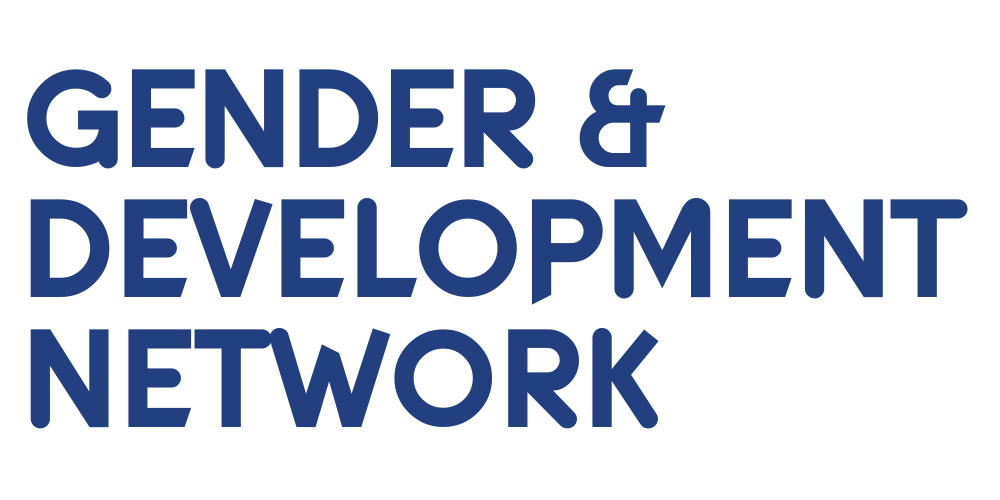December 2024
Briefing: Targeting the UK’s Foreign, Commonwealth and Development Office (FCDO), this briefing explores recommendations for more gender-responsive humanitarian engagement, covering suggestions around leadership and approaches, funding modalities as well as civil society partnerships and engagement.
Read More
